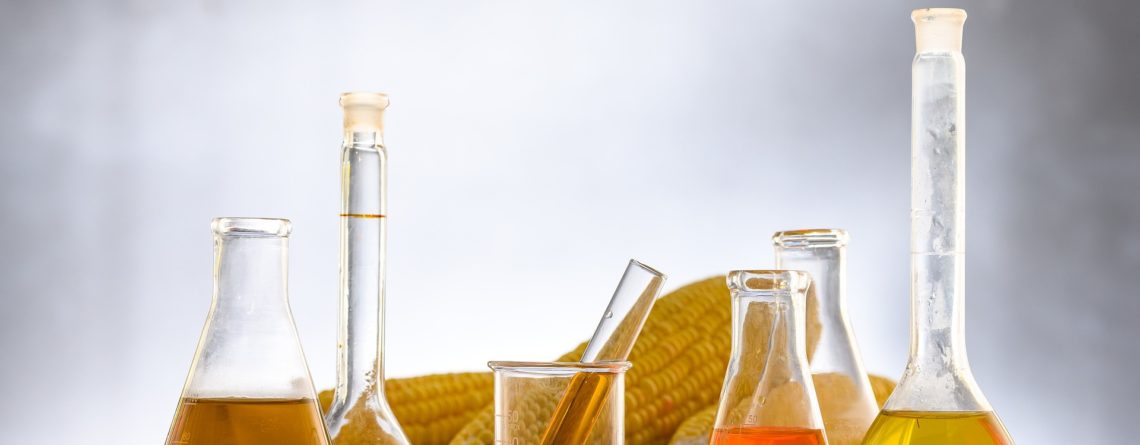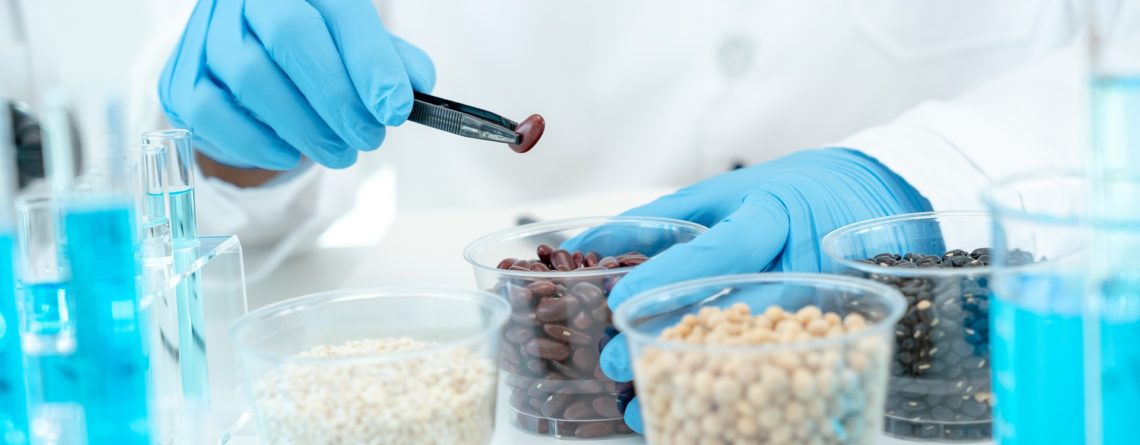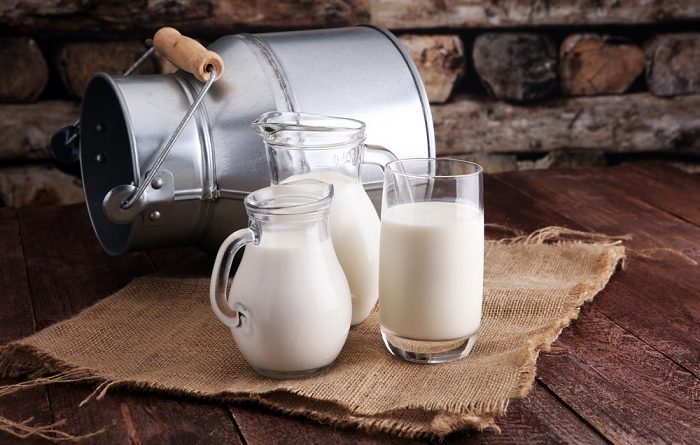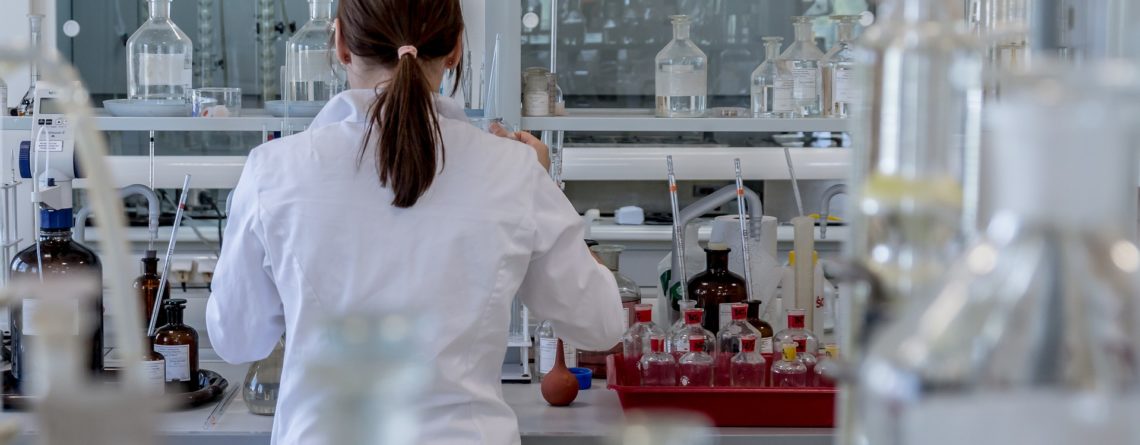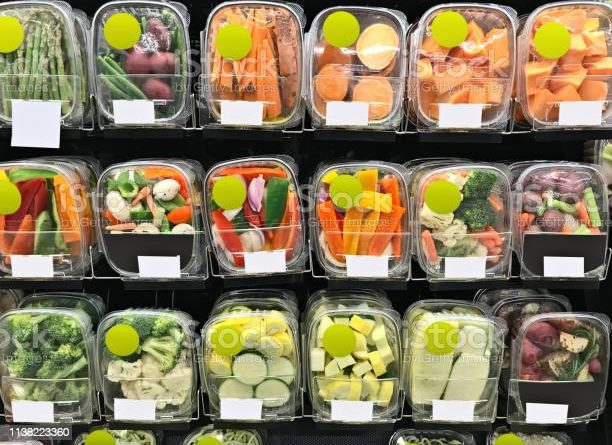Chemical contaminants in food: the new European regulation repealing EC Reg. 2006/1881
On 25 May 2023, the new Chemical Contaminants Regulation will enter into force, definitively repealing Regulation (EC) No 2006/1881. The general objective of the Regulation has remained unchanged and is to set maximum levels for the various contaminants potentially present in the individual product categories, so that foodstuffs listed in Annex I may not be placed on the market, or [...]

